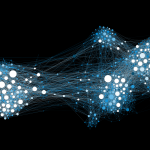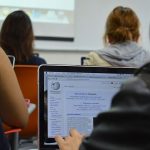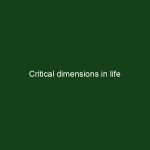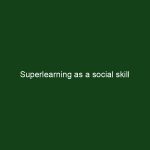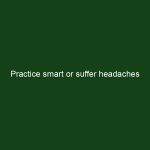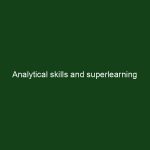After reaching 1000wpm at 80% comprehension a superlearner feels that he/she owns the world and that the sky is the limit. But wait for a month or two and there is disappointment “I reached my limit?”, rationalization “I do not need to read any faster?”, bargaining “Can I read with the same speed in a …
Continue reading “Superlearning: are there any limitations?”


